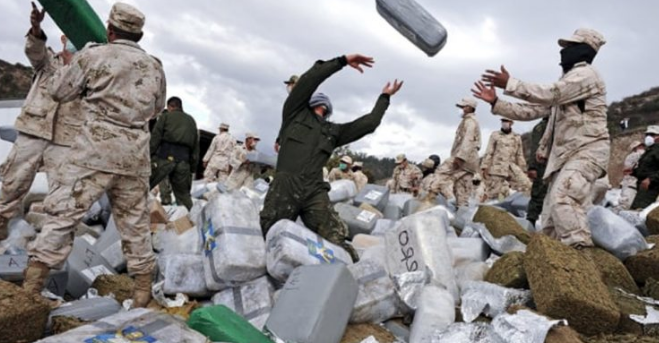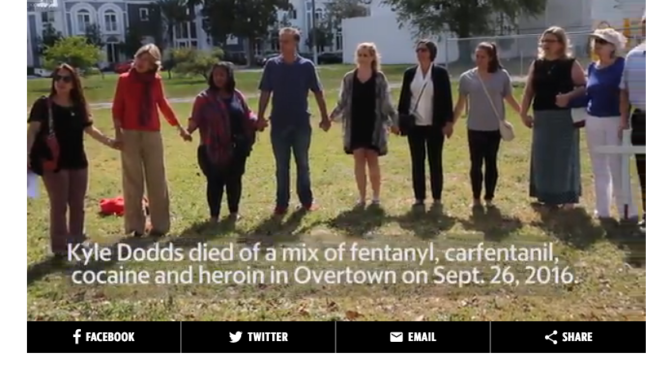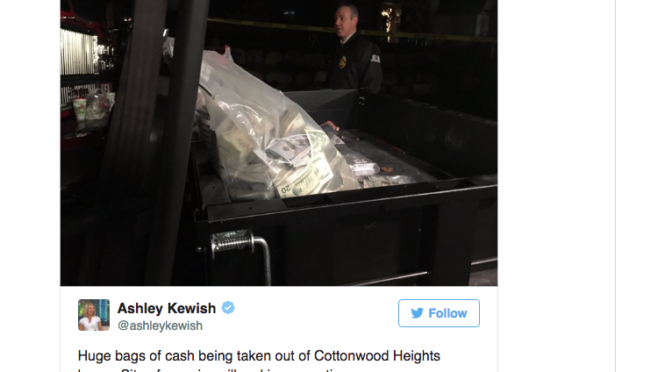- Hubei is a major source of fentanyl precursors.
- China also supplies counterfeit pharmaceuticals.
- The US restriction of travelers from Mexico has become a major hurdle for Mexican drug traffickers.
The coronavirus epidemic is affecting the global economy in the most serious of ways, and the Mexican government is scrambling to contain its spread. Even though the country has yet to implement a full lockdown, the coronavirus epidemic is taking its toll on the economy. Mexican drug trafficking syndicates have not been spared either. Just like legitimate businesses, they are beginning to feel the pinch.
Limited Supply of Drugs Precursor Ingredients from China
China is a prime manufacturing powerhouse. As the epicenter of the coronavirus scourge, it was the first country in the world to go into lockdown. Since the outbreak, the country’s industries have had to scale back production to allow the epidemic to blow itself out. The result is a decrease in supplies to overseas companies.
Mexican drug cartels typically get precursors for opiates, such as fentanyl and meth, from China. The novel virus has, however, held up the supply chain. According to a recent Vice report, the Sinaloa Cartel, the most dominant cartel in the region has increased narcotics prices as a result.
Methamphetamine prices have been hiked by over five times. According to the investigative report, Mexican drug lord Ismael ‘El Mayo’ Zambada has ordered his dealers to increase the price of meth from $100 a pound to $600. Fentanyl prices have also soared from $35,000 a kilo to $42,000. The raw chemicals are a major export of Hubei province, the epicenter of the coronavirus epidemic. The zone was among the first in mainland China to have its factories shut down.




